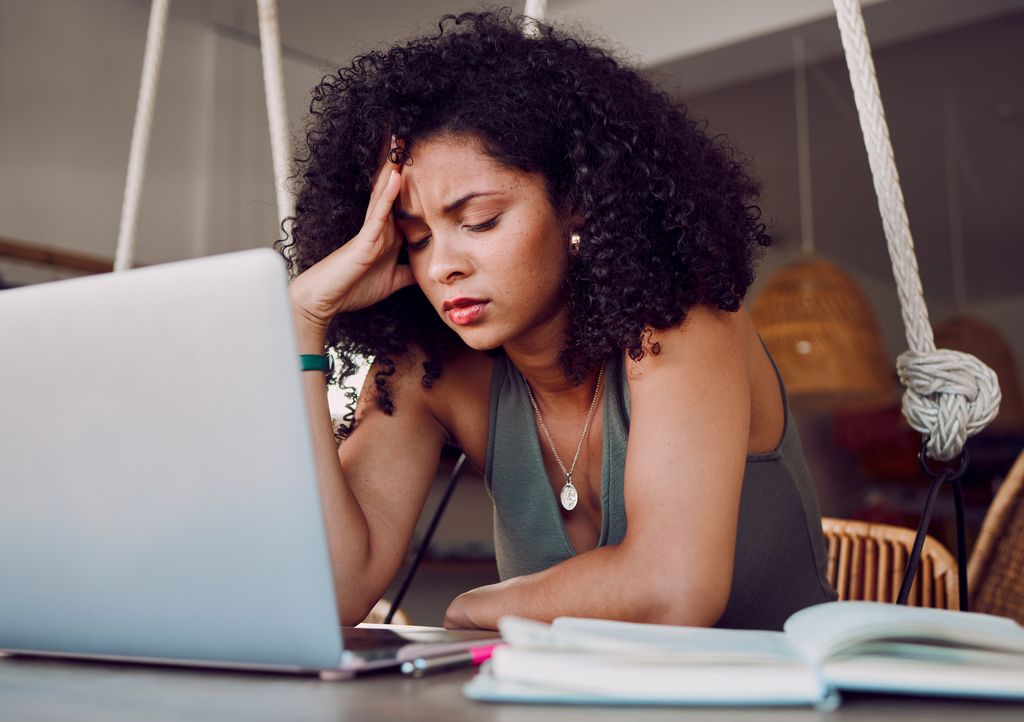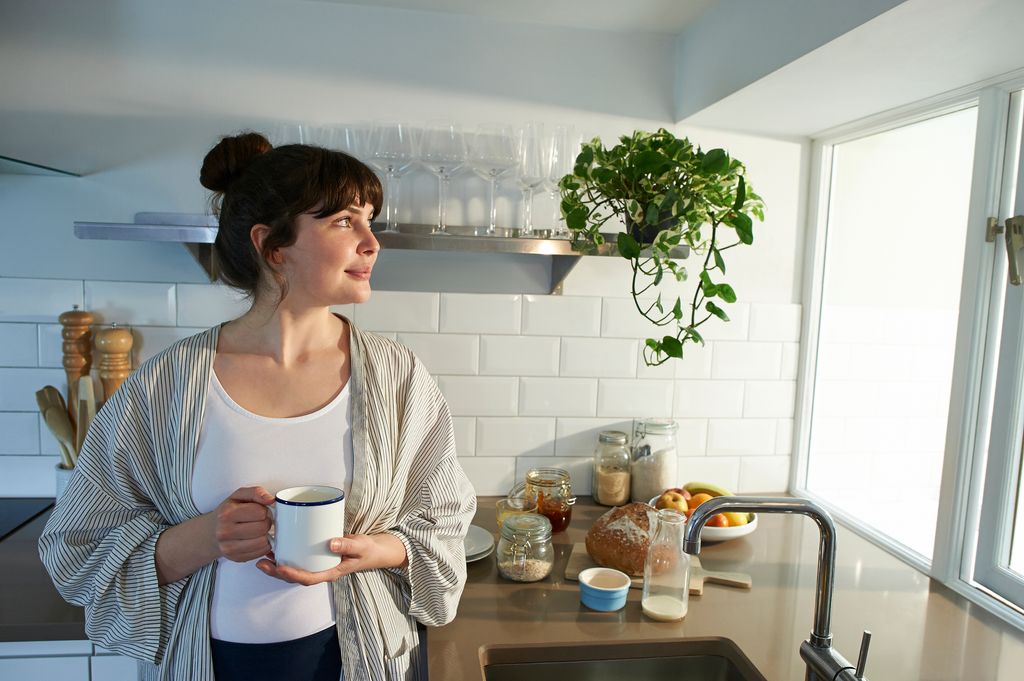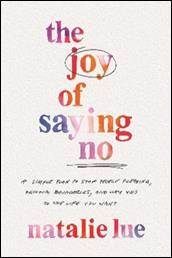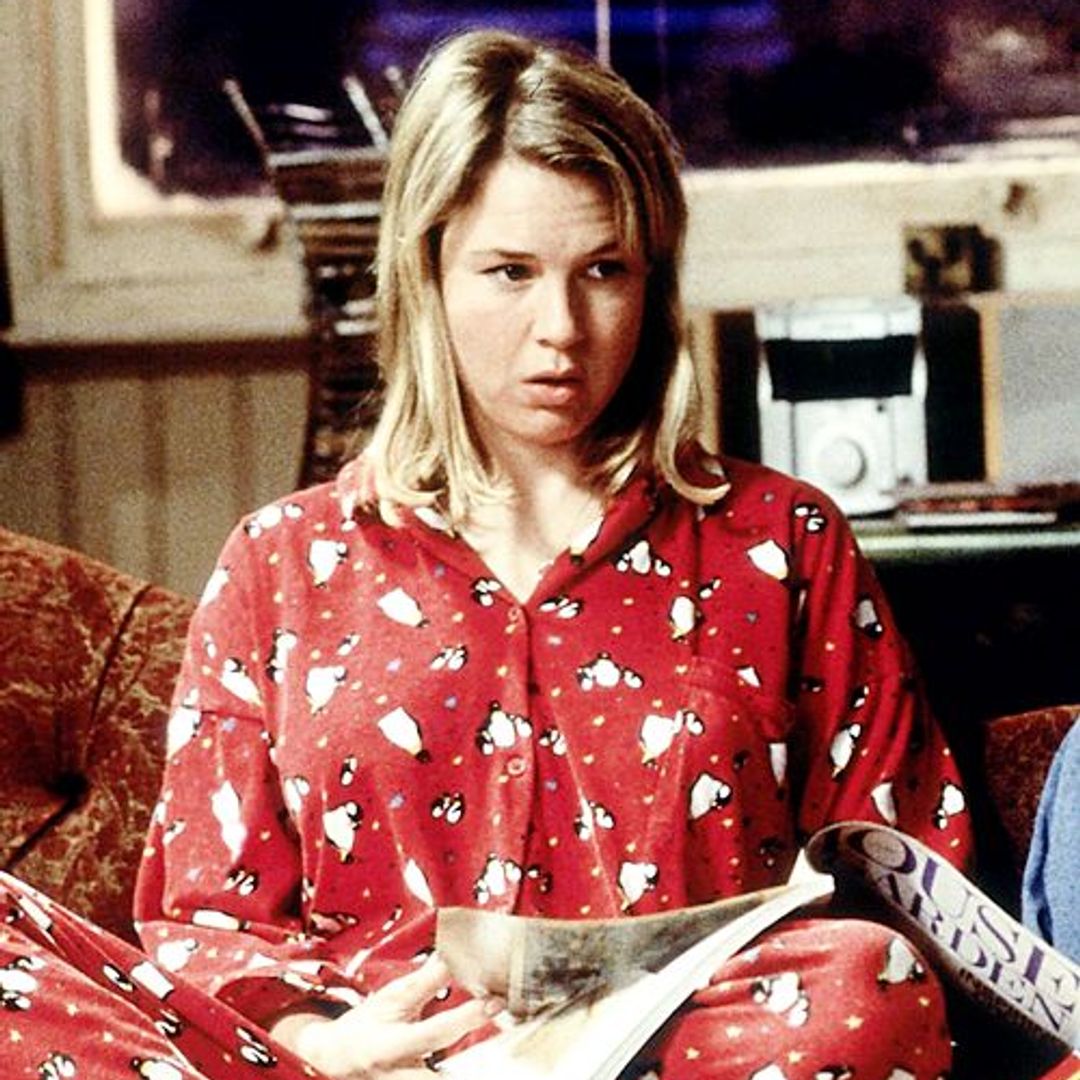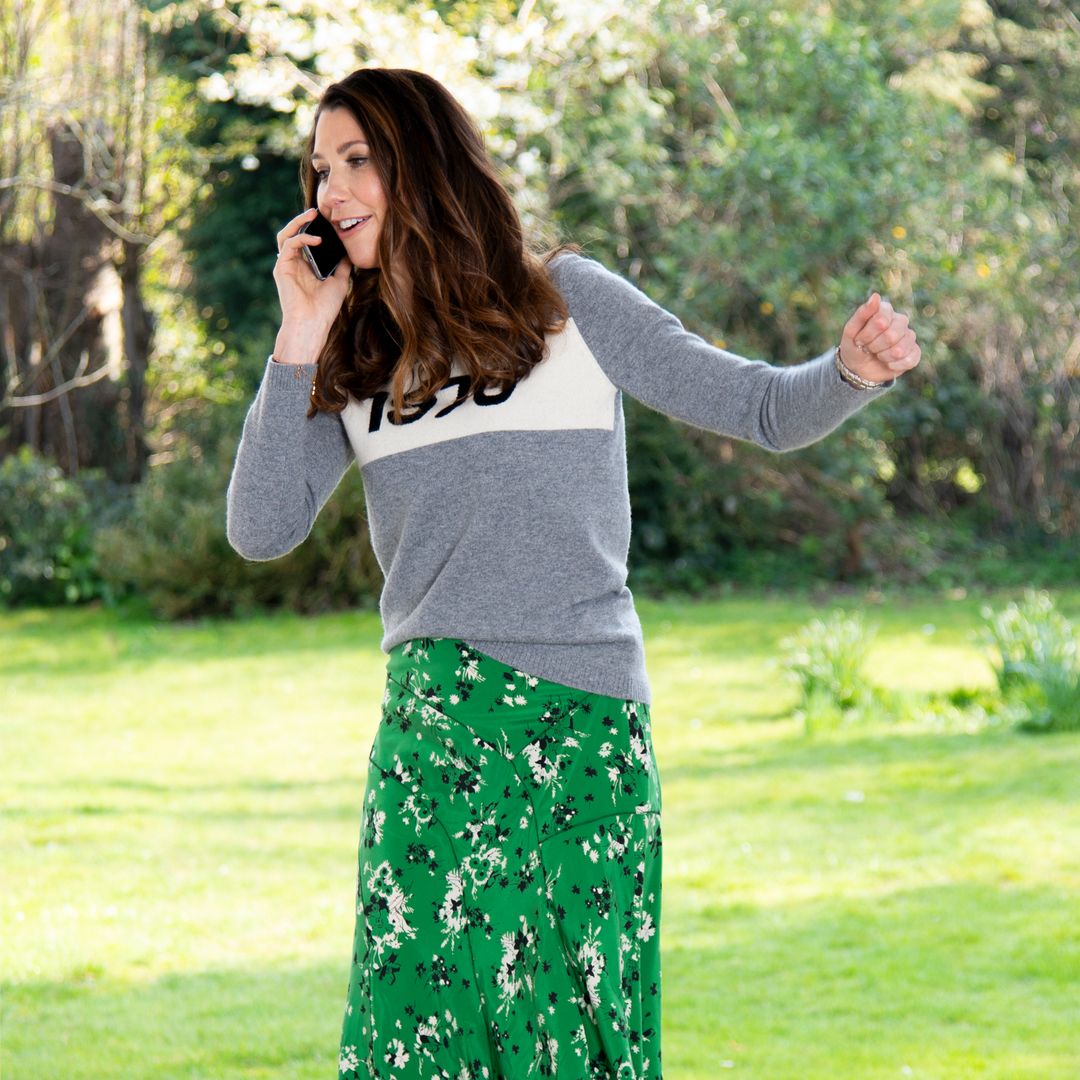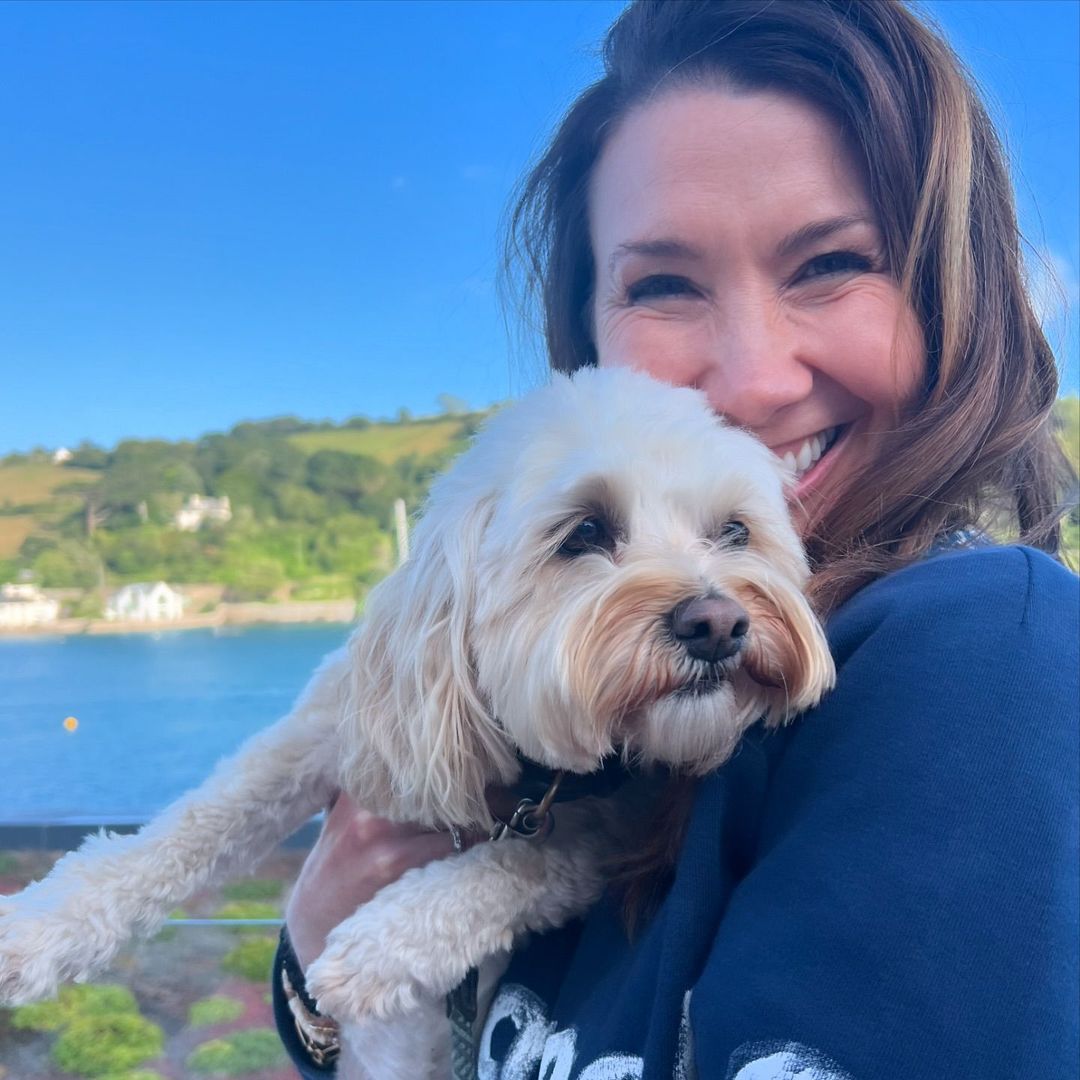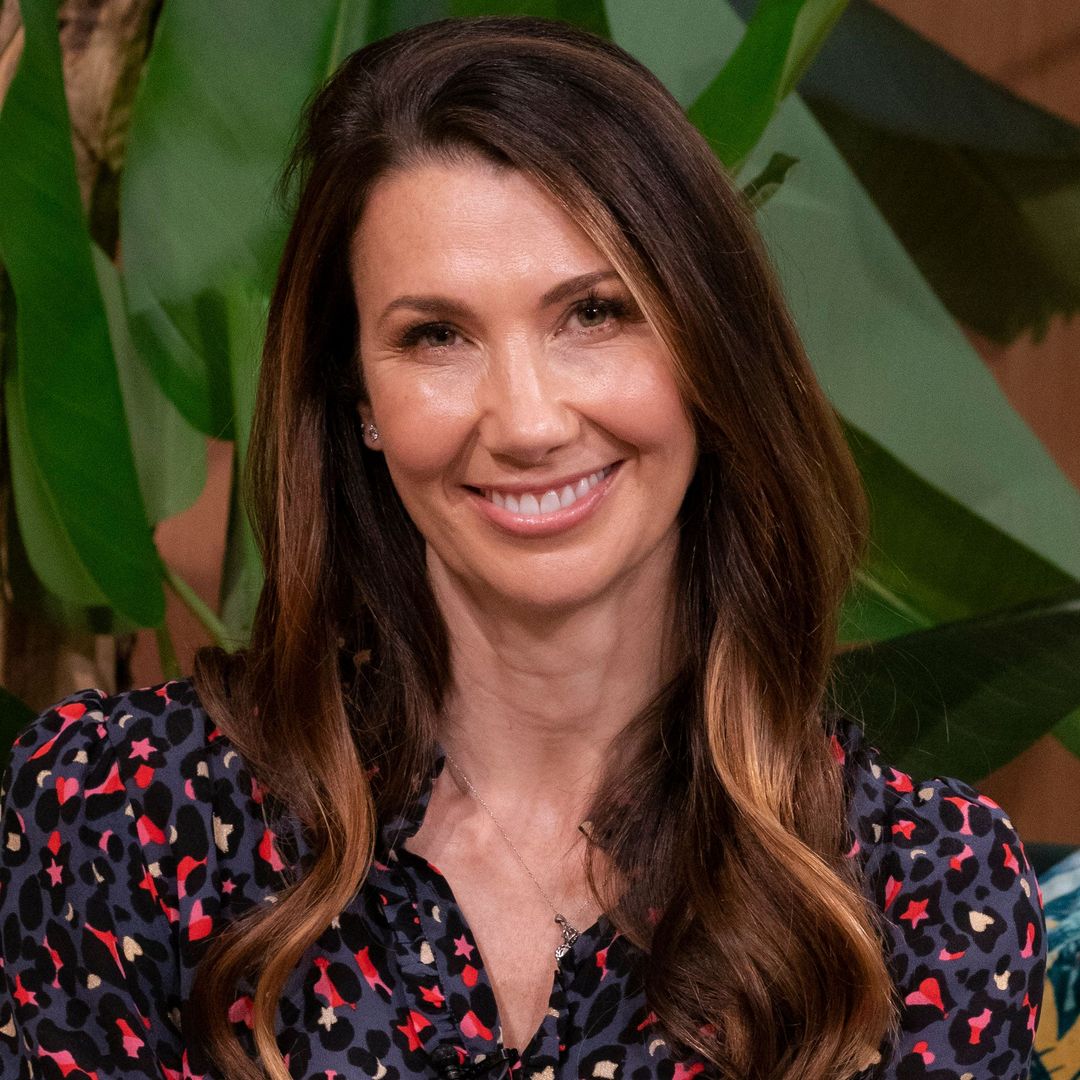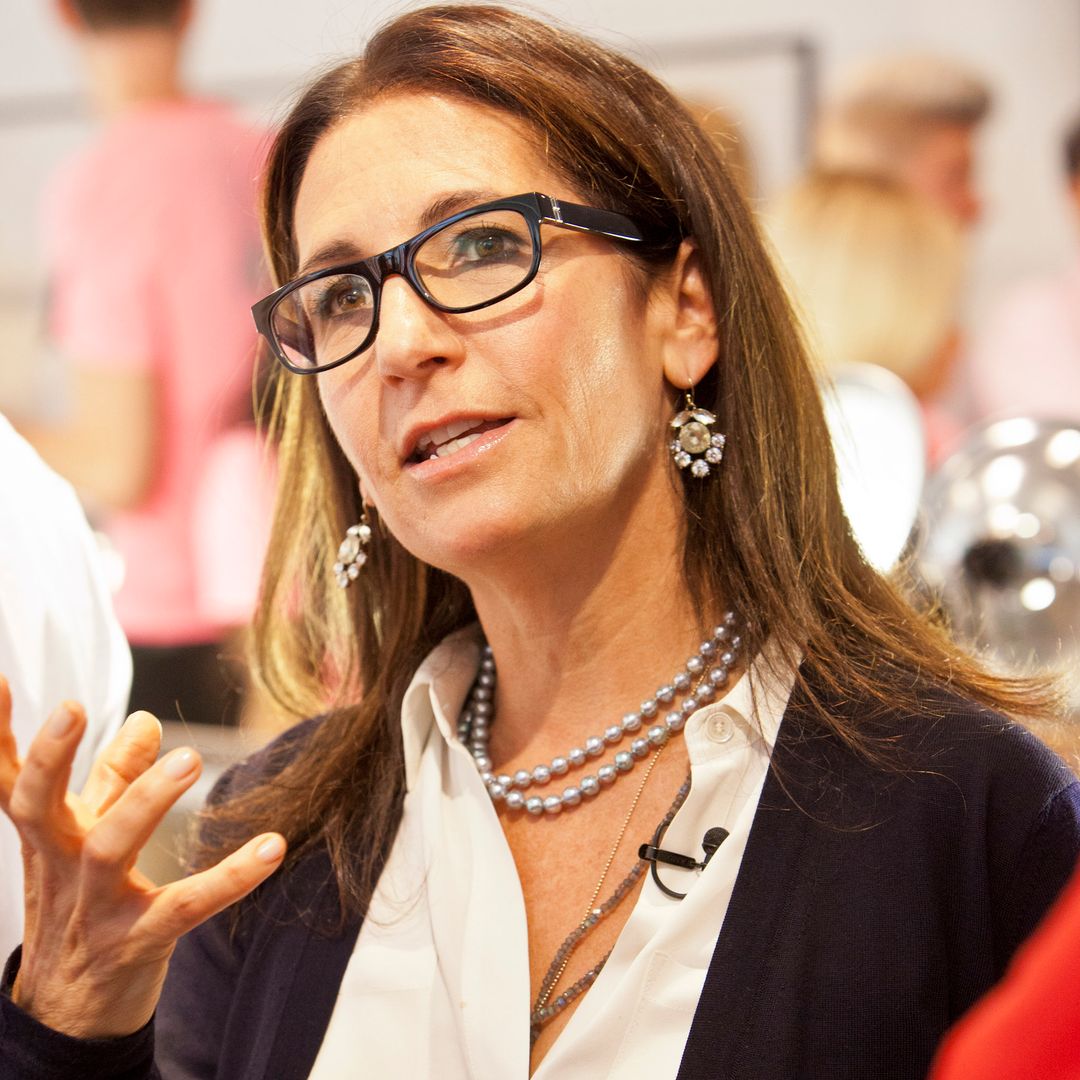For the first 28 years of my life, I pathologically avoided saying no because I believed if I pleased others, or at least tried to ensure I limited their ability to hurt me, I would be okay.
It started out in childhood as a fear of getting into trouble and being punished, learning that I must always make an effort and be "perfect."
People pleasing, putting others’ needs ahead of mine to gain attention, affection, approval, love and validation and avoid conflict, criticism, disappointment, loss and rejection, were all as natural to me as breathing.
Like so many of us, I was socialised and conditioned into being a people pleaser and figured it would lead to my being a good, successful, happy human. Instead, I found myself in a catalogue of ruinous relationships with emotionally unavailable and shady men. I felt as if I constantly had to prove myself and was stuck in a cycle of toxic family dynamics. I was a good girl who always felt bad, yet I couldn't see my way out of it.
What changed?
As is often the way with life, we don’t feel compelled to change until we’re in deep discomfort or crisis. My watershed moment was becoming seriously ill and facing a damning prognosis while also navigating out of a relationship that broke me.
As the consultant outlined the severity of my health situation, it hit me that no one was coming to save me. If I wanted to live and thrive, I needed to change. I’d been so caught up being everything to everyone else, I’d essentially bankrupted myself.
When the consultant said I had no choice but to go on steroids for life to avoid premature death, I heard myself saying "no" and that I needed to explore other options. Without realising it, in that moment, I became a recovering people pleaser as I finally advocated for myself.
READ: How to be happy: 30 expert-approved tips to become your most optimistic self
Overcoming people pleasing
In my chronic people-pleasing years, I didn't connect my lack of nos with the inauthenticity of my yeses and how these imprisoned me in their painful results. Saying no, tentatively at first, and then with increased confidence, felt immediately liberating, creating a positive knock-on effect in all areas of my life.
I stopped feeling so resentful, overloaded and anxious towards colleagues and family. Some folks, mainly family, struggled with my healthier boundaries, but I was still far happier than I would have been without them.
It used to feel like I must have a secret neon sign on me that let unavailable men know where to go, yet the more I said no and became clearer about who I was and what I needed, the less these men approached and the more I felt like I could rely on and trust myself.
READ: I'm a recovering pessimist – here's how I turned my life around
When I met my now husband, I was in a place where I could recognise and enjoy a healthy relationship - and we recently celebrated our eighteenth anniversary.
How saying no impacted my health
Recognising that how I spent my yes and no had a direct correlation with my wellbeing and health incentivised me to double down on being less of a people pleaser.
Cutting back on people pleasing supported me through marriage, motherhood, self-employment, perimenopause, grief, fallouts and so much more.
INSPIRATION: How I cracked the secret to midlife happiness at 49
We often fear being selfish, difficult and rude when we consider saying no, but if you want to experience more peace, ease, joy and fulfilment, embrace cutting back on people pleasing.
How to say no
1. Notice your feelings
Notice where what I call the "people-pleaser feelings" - anxiety, resentment, overwhelm, guilt, frustration, helplessness, powerless and low - show up. These feelings are notifications that you need to say no to something and be more honest and discerning with your yes.
2. Track your yeses and nos
Spend a week tracking how you spend your yeses and nos. You will soon see the source of the people-pleaser feelings (e.g. certain activities or people, overcommitting) so that you have the intel to identify where you can say no.
RELATED: Why doing less is crucial for your happiness
3. Work out why you're people pleasing
Pay attention to your 'why'. When you’re people pleasing, you say yes because you’re afraid of what would happen if you didn’t or you’re hoping to get some form of reward. These hidden agendas aren’t healthy.
4. Pause before saying yes
Stop reflexively saying yes, instead say: "Let me get back to you." Make an agreement with yourself that you will pause and check in with yourself about how you feel, whether you want to and your capacity and schedule.
5. Reframe yes and no
Stop seeing yes as 'good' and no as 'bad'. Whenever you say yes to something, you’re saying no to something else and vice versa. When you make this connection and stop blocking yourself from saying no, you get to take care of your priorities, including yourself.
INSPIRATION: 5 life coach-approved ways to feel happier - without spending a penny
6. Don't villainise others
Don’t villainise people by assuming they can’t handle you saying no. When you realise that most people don’t want to feel like you emotionally blackmailed yourself into saying yes, it’s far easier to say no as a means of protecting them.
